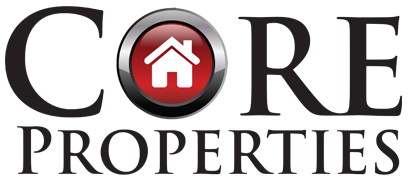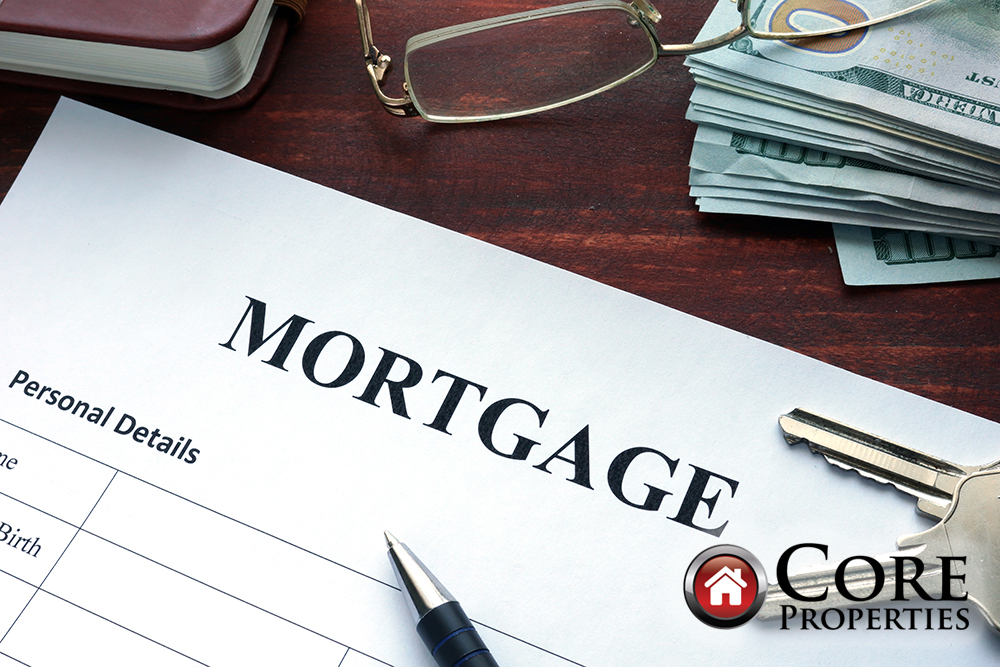According to the National Association of Realtors (NAR), low-interest rates are attracting buyers, and steady growth is predicted. That’s great to hear, right?
Well, if you’re a residential property investor…maybe not. The busy credit market may make securing an investment property mortgage more difficult, so you might want to hold off on the celebration until you’ve looked at these clever approaches to improving your chance of financing approval.
Come Prepared:
Your credit score will have a huge impact on the terms of your loan, so be sure to check it before trying to seal the deal. Keep in mind, that if your score is below 740, you’ll be charged a fee for a steady interest rate. Another thing that will fluctuate per your credit score is the number of loans you can receive. A credit score of 630 is required for loans one through four. Anything over that and you’ll need a score no lower than 720.
Also, be prepared to show the lender the amount of cash you have in reserve – they typically require you to have six months of cash reserves for each property you hold. This includes your private, primary residence.
Rely on a Friendly Neighbor:
Word-of-mouth recommendations are a great way to go. Ask around! Do your friends or neighbors have an experienced lender they trust? In this same vein, reaching out to local banks over the big guys is typically a smart move, as they have more flexibility, and just might be pretty keen on the idea of investing locally. Before you settle on a lender, ask a few questions:
- Are you currently working with other active investors?
- Do you personally own any rental properties?
If you’re trying to borrow from a person instead of a business entity, just keep in mind that people will naturally be more protective of their money, and therefore much more conservative when it comes to lending – so don’t take it personally.
Bet Big on a ‘Sure Thing’:
Is your gut telling you this residential investment property is going to pay off? Confident investors may consider a riskier approach – trying to secure a down payment through personal channels such as:
- A home equity line of credit
- Credit cards
- A life insurance policy
Your goal should be to obtain at least 20% down to secure traditional financing for that investment property (or 25% if you’re after a lower interest rate). Check out this helpful write up by Wells Fargo on buying investment properties for more information, and to find answers to questions such as:
- Can I use the equity in my current home to buy an investment property?
- How can I estimate how much I might be able to borrow?
- What should I consider before buying an investment property?
Remember, getting an investment property mortgage is hardly ever an easy process, but if you plan your attack wisely, you’ll minimize the headache.
If the challenges associated with owning residential investment properties prove too big for you, please don’t hesitate to give us a call at (314) 485-7311. We’d be happy to talk, and if you like what we have to offer, we can often close in as little as a week, allowing you to move forward with your life!

